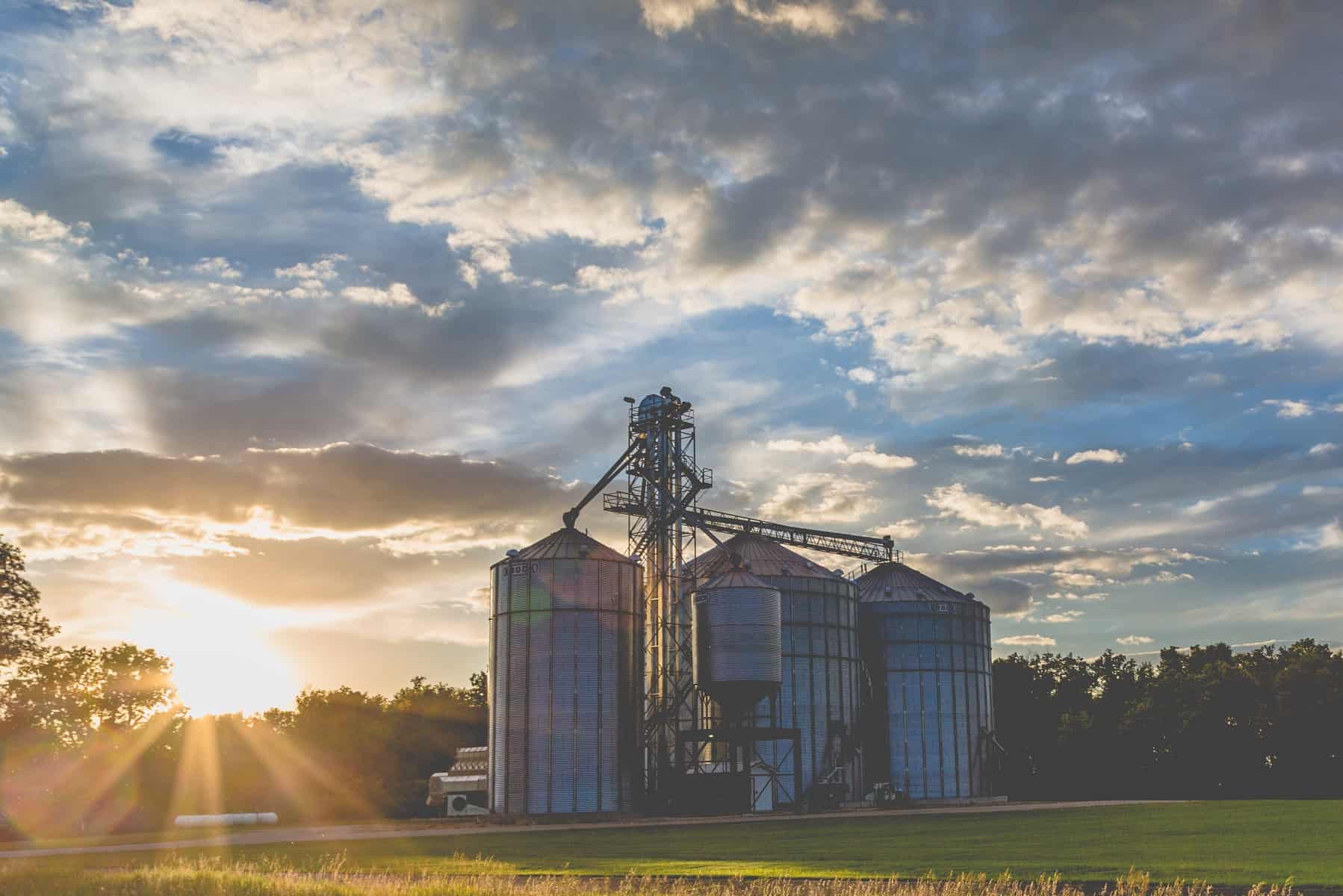Bourbon, Beer, and Bread: 5 Ways Rye is Transforming the Landscape
17 May 2019Yes, I love them all, but what do they have to do with each other? In short, rye. Bakers, brewers, and distillers all use and love rye. The flavor it imparts is distinctive. It imparts a spiciness in whiskey and in bread. In beer, it smooths out hoppiness. At a recent meeting, I participated in a fascinating session on the flavor profiles of bourbon, double oaked bourbon, and rye whiskey. The rye whiskey was distinctively smooth and spicy.
Ok, but what more?
Rye is also used as a cover crop by farmers across the United States. Cover crops have significant environmental benefits. They contribute to building healthy soils. They reduce soil erosion. And, they can help reduce nutrient runoff which degrades water quality. Cover crops and healthy soils also can enhance a farmer’s resilience during extreme weather events – from drought to excess water. This enhanced resilience means that farmers using cover crops and other agricultural conservation practices are less likely to file crop insurance claims, which saves taxpayers money.
Despite clear benefits, it is estimated only 7% of farmland in the US are planted with cover crops. Commercial quality rye that can be used by distillers, brewers and bakers is practically non-existent in the United States. In fact, most American distillers import their rye from Canada or Europe.
While rye was once widely cultivated in the US, agricultural programs that provide significant support for corn and soybean production, drove – in part – the conversion of land cultivated in rye to corn and soybeans. Globally, since 1960, rye production has declined by nearly 50% and in Kentucky, rye production is now nearly non-existent.
In Kentucky and Tennessee, however, a unique collaboration is underway that is focused on both dramatically expanding the number of farmers planting cover crops and re-introducing commercial quality rye that can be used in rye whiskey, bourbon, artisanal breads, and micro-brews. The collaboration involves farmers, researchers and extension agents, NGOs, companies, and private foundations who are working together on a Rye Cover Crop and Commercialization Initiative.
They are taking a multi-pronged, five-step approach:
- Researchers at University of Kentucky are growing rye varieties in test plots to assess yield potential, disease resistance, and suitability to growing conditions in Kentucky.
- A small group of innovative farmers – working closely with University of Kentucky Extension – are growing rye at the field level to test different varieties at scale.
- Distillers are signaling market demand and working in partnership with the farmers and the university to run distillation tests to assess flavor profiles and potential for distilling. Millers are actively engaged in providing advice and insights about quality characteristics for bread and baking.
- Working in partnership with the AGree initiative, the farmers, researchers, and companies involved in the Rye Project are advocating for policy change that will recognize the risk reduction benefits of conservation practices such as cover crops, which should translate into lower-cost crop insurance (a major incentive given that crop insurance is used by more than 90% of farmers in the U.S. on more than 350 million acres of cropland).
- Relationships are being established across international boundaries and state lines to share lessons learned about cover crops and production of commercial quality rye. In 2018, researchers from University of Kentucky traveled to Poland and Germany to meet with seed companies and farmers growing commercial quality rye. In May 2019, farmers, NGOs, and researchers working in Iowa, Illinois, Kentucky, Minnesota, and Indiana and beyond, convened at a meeting in Washington, DC at Meridian Institute’s office to forge stronger relationships, share information, and identify strategies for accelerating cover crop adoption.
Aside from my personal love of rye for its contributions to three favorite indulgences – bread, beer, and bourbon – I’m also excited about the prospect of helping producers expand and benefit from the use of rye as a cover crop. The Rye Cover Crop and Commercialization Initiative is an indicative example of the power behind collaboration and solutions. I anticipate its work will benefit farmers and our soil as well as bakers, brewers, and distillers.
Todd Barker is Senior Partner and lead on the AGree Initiative, which is housed at and managed by Meridian Institute. He also serves as an Independent Director on the DendriFund, a private foundation based in Louisville, KY, which focuses on the sustainability of wood, water, and grain and has provided important leadership and funding to catalyze the Rye Initiative.

Our AGree Initiative
Learn more about Meridian's efforts to transform U.S. food and agriculture policy with leaders from food and agriculture, conservation, public health, nutrition, rural development, and international development.